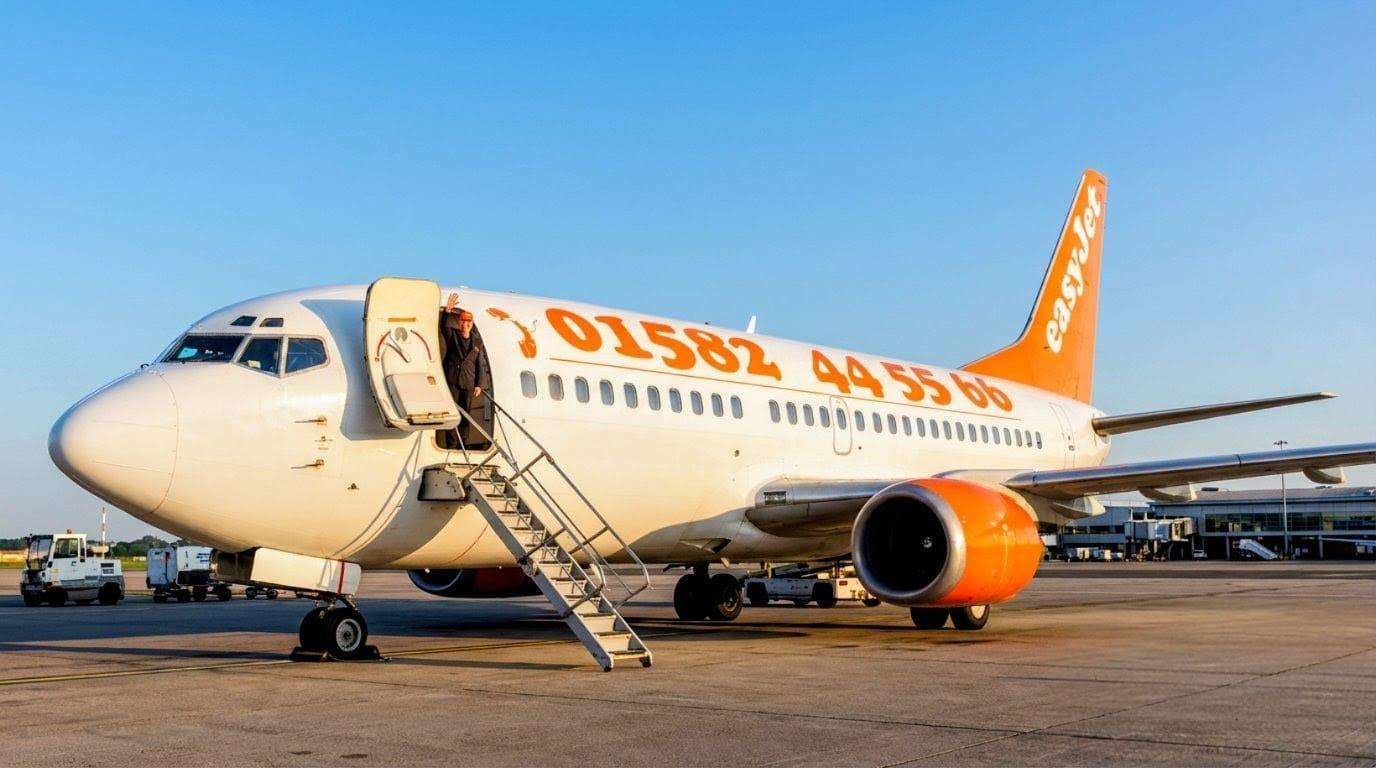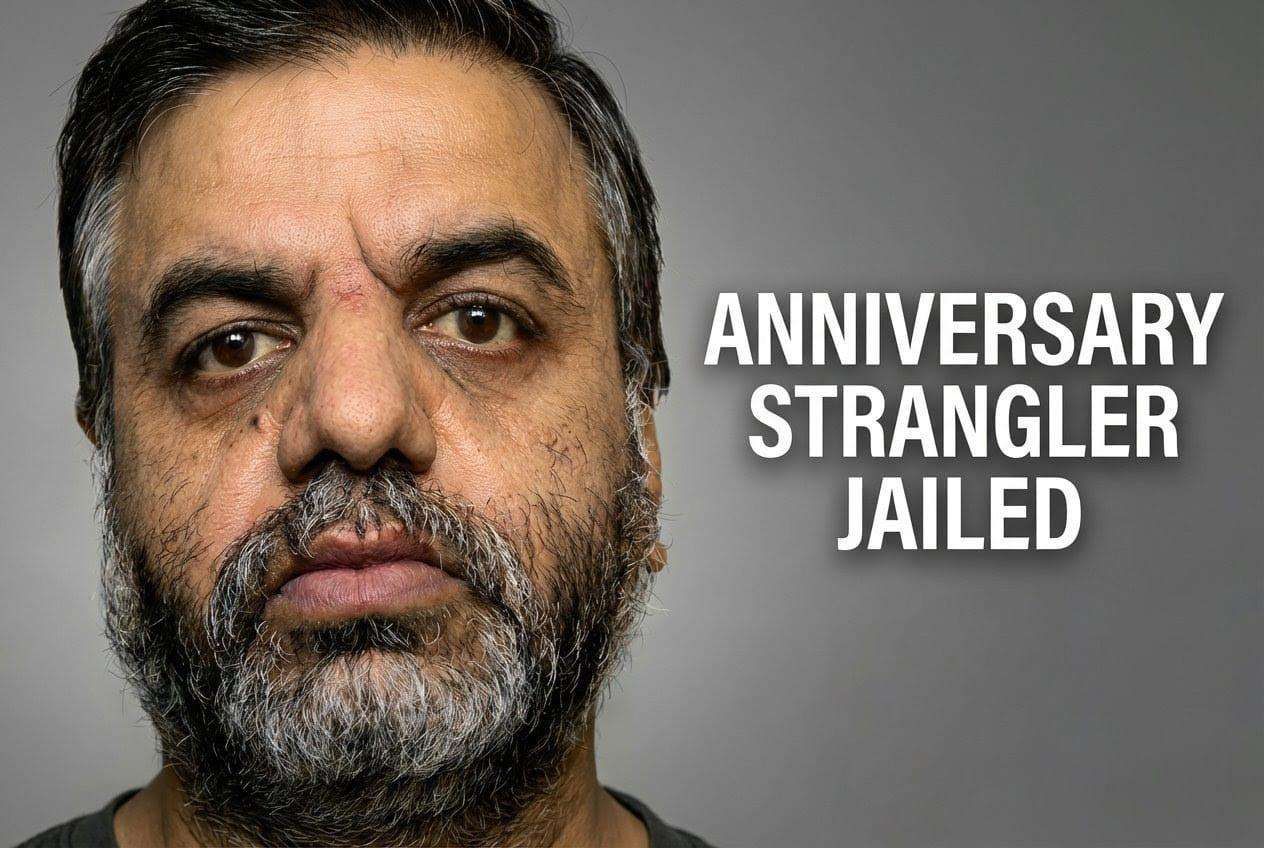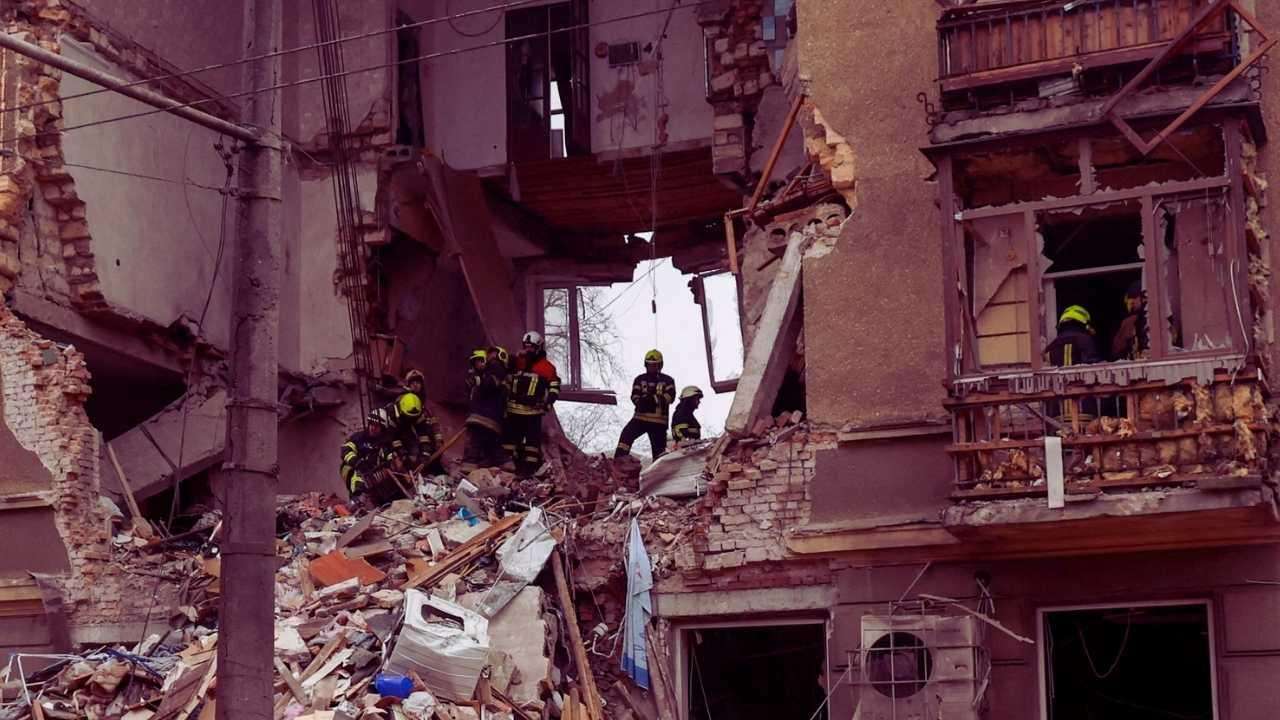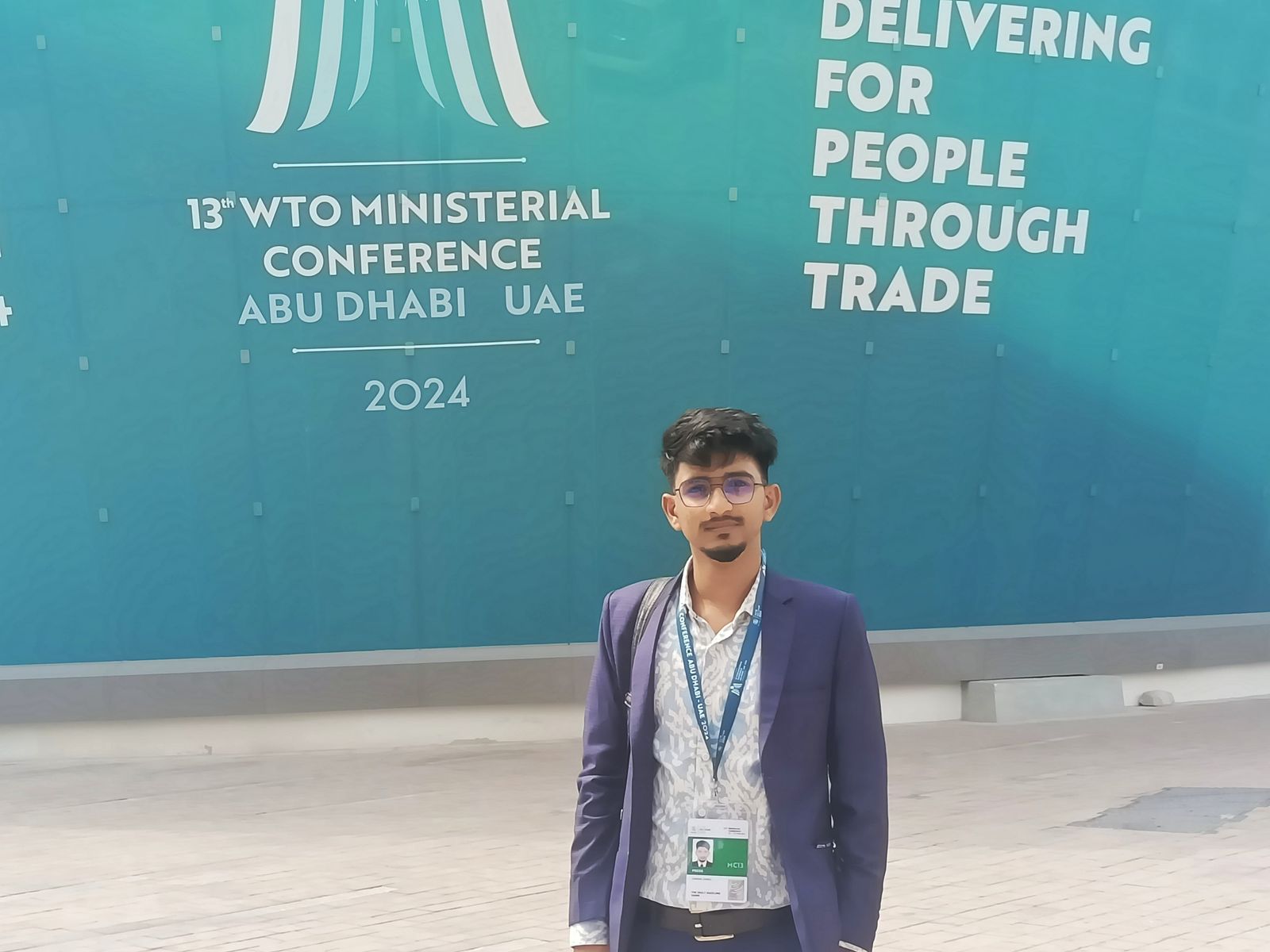For half a century, the people of Western Sahara have lived between occupation and exile. While Morocco celebrates recent diplomatic gains and presents its autonomy plan as a “final” solution, Western Sahara remains on the United Nations list of Non-Self-Governing Territories, still awaiting decolonization and a genuine act of self-determination.
The statement issued yesterday by the Moroccan Embassy is part of a broader campaign to normalize a fait accompli: it repeats familiar claims that Moroccan sovereignty over Western Sahara is settled, that the autonomy plan is the only realistic solution, and that Sahrawis freely enjoy development and rights under Moroccan rule. These assertions are not supported by international law or by the lived reality of the Sahrawi people.
1. International Law: Western Sahara Is Not “Moroccan Territory”
In 1975, at Morocco’s own request, the International Court of Justice examined whether any historical ties gave Rabat sovereignty over Western Sahara. The Court concluded clearly that, although there were certain ties of allegiance, they did not amount to territorial sovereignty and did not override the right of the Sahrawi people to self-determination through a free and genuine expression of their will.
On this basis, the UN has always treated Western Sahara as a decolonization issue, not as a simple border question. The territory has been listed as a Non-Self-Governing Territory since 1963, and successive UN General Assembly resolutions continue to reaffirm the “inalienable right of the people of Western Sahara to self-determination and independence.”
Even the latest UN Security Council Resolution 2797 (2025), which renews MINURSO’s mandate and mentions Morocco’s autonomy proposal, does not recognize Moroccan sovereignty; instead, it again situates the issue within the UN framework of a “political solution” consistent with self-determination, and it was adopted with significant abstentions reflecting deep divisions within the Council.
Thus, the embassy’s suggestion that the UN has “settled” the question in favor of Morocco is legally false. International law still views Western Sahara as Africa’s last major unresolved colonial question.
2. The “Autonomy Plan”: A Political Proposal, Not a Substitute for Self-Determination
Morocco’s 2007 Autonomy Proposal is often described in diplomatic statements as “serious and credible,” and some states now support it as a possible basis for negotiations. The embassy’s statement goes further, implying that this plan is the only realistic option and that it respects self-determination.
In reality:
- The autonomy plan is a unilateral political proposal that keeps sovereignty, defense, foreign affairs, and core powers in Rabat’s hands.
- It does not offer a referendum in which independence is one of the options, contrary to long-standing UN doctrine on decolonization and self-determination.
- It is openly rejected by the Polisario Front, the recognized representative of the Sahrawi people, and by many Sahrawis in the occupied territory and in the refugee camps.
Calling this plan a “solution” to the conflict without consulting the population through a free vote empties self-determination of its meaning. At best, it can be one proposal among others to be submitted to the Sahrawi people, not a pre-decided status imposed under military occupation.
3. The Myth of “Peace and Development” Under Occupation
The Moroccan Embassy typically highlights roads, ports, solar projects, and social programs in Western Sahara as proof that the population is content and that Moroccan rule brings only prosperity. But development projects cannot erase the systematic repression documented over decades by independent human-rights organizations.
- Human Rights Watch reports that Sahrawi activists who support independence face harassment, surveillance, unfair trials, and imprisonment; peaceful gatherings are routinely banned, and pro-referendum groups are denied legal recognition.
- Amnesty International has documented repeated violations in Western Sahara, including excessive use of force against demonstrators, torture and ill-treatment of detainees, and serious obstacles to independent human-rights monitoring.
- In 2024, Moroccan authorities even blocked the Sahrawi human-rights group CODESA from holding its founding congress in Laayoune and kept another association’s office sealed, using physical violence against participants.
Under such conditions, claims that “the Sahrawis support Moroccan sovereignty” are neither verifiable nor credible. When people are beaten, arrested, or fired from their jobs for raising a flag or shouting a slogan, their silence cannot be interpreted as consent.
At the same time, Morocco continues to exploit Western Sahara’s natural resources—particularly phosphates and fisheries—despite legal challenges and without a democratic mechanism to ensure that the Sahrawi people themselves freely consent to and benefit from this exploitation.
4. Fifty Years in Exile: The Human Cost in the Refugee Camps
The embassy statement often portrays the Sahrawi refugee camps near Tindouf as mere instruments of Algerian policy or Polisario “manipulation.” This narrative denies the agency and dignity of tens of thousands of Sahrawi men, women, and children who fled war and repression.
Since the mid-1970s, entire generations have grown up in the harsh Algerian desert, living in tents and adobe houses in camps like Smara, Awserd, and Boujdour. Many families were separated during the flight from the advancing Moroccan army and the infamous napalm and cluster-bomb attacks of the early conflict years.
Recent field research describes the Smara camp alone as home to more than 40,000 people who have spent decades waiting for the referendum promised by the UN when MINURSO was created in 1991. Their exile is not a choice; it is the direct result of the occupation and the absence of a political solution based on genuine self-determination.
Yes, all parties—including the Polisario—must respect human rights. But the fundamental injustice lies in the fact that these refugees are not allowed to return home with guarantees of safety, rights, and a free vote on their future.
5. The Embassy’s “Security” Arguments: Criminalizing a People’s Aspiration
Moroccan officials frequently present their presence in Western Sahara as a bulwark against terrorism and instability in the Sahel. Activists and NGOs are sometimes smeared as threats to national security.
This securitized discourse serves to criminalize a legitimate struggle for self-determination. International law recognizes that colonized peoples may resist domination and seek independence; calling them “separatists” or “terrorists” does not change the nature of their right. The true source of instability is the unresolved colonial situation, not the Sahrawi demand for a referendum.
6. Dignity and Relentless Struggle
Despite occupation, imprisonment, and exile, the Sahrawi people have maintained a remarkable commitment to peaceful advocacy, education, and diplomacy. Civil-society organizations document abuses at great personal risk. Students and women’s groups continue to raise the Sahrawi flag in occupied cities. Refugee communities in Tindouf invest heavily in schools, cultural life, and international solidarity.
This is the true meaning of “50 years of dignity and relentless struggle”: a people who refuse to disappear, who insist on being consulted about their future, and who continue to demand that the promises of international law be honored.
7. A Just and Lasting Solution
A just and lasting solution for Western Sahara cannot be built on unilateral plans, selective readings of UN resolutions, or the silencing of dissenting voices. It requires:
- A genuine political process that respects the right of the Sahrawi people to choose between independence, autonomy, or integration through a free and fair vote.
- Effective, independent human-rights monitoring across all of Western Sahara and in the refugee camps, with full access for UN mechanisms and NGOs.
- An end to repression of Sahrawi activists and the immediate release of those imprisoned for peaceful political expression.
Until these conditions are met, diplomatic statements claiming that Western Sahara is already “settled” will remain what they are: attempts to dress an occupation in the language of peace. The suffering of the Sahrawi people and their unwavering demand for self-determination stand as a powerful refutation of such narratives.








.svg)
